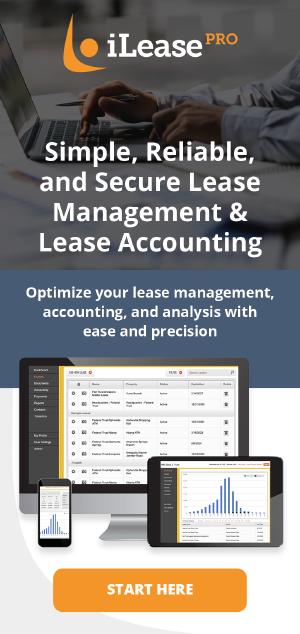Understanding the Tax Implications of ASC 842 Lease Accounting

The FASB ASC 842 Lease Accounting changes, which became effective at the end of 2021 for all reporting periods after
December 15th 2021, haven’t just changed how leases are handled in books, but also the tax implications that may come along with it.
There are seven key areas where lease accounting tax implications are impacted. Here, we’ll discuss those seven areas in detail to give you an overview of what’s going on.
Tax Implications of ASC 842 Changes
1. Accounting Methods
This goes without saying that while there are some areas that won’t require as many
changes, others may require definite changes. The lease accounting structure needs to be revisited in terms of tax accounting because of the potential change in:
- Characterization of leases
- Timing of lease
- Timing of income
- Tenant allowances (general treatment)
- Valuation allowance
- Lease acquisition costs (general treatments and borrowing costs)
2. Deferred Taxes
According to the changes in ASC 842, operating leases should now be recorded as right-of-use (ROU) assets, and will host a corresponding lease liability as well. This will result in book-to-tax items requiring reconciliation from book keepers, specifically having to revisit the new deferred tax liabilities (DTL) and deferred tax assets (DTA).
This is a temporary change and will reverse over the lease’s life.
3. State/Local Taxes
The new standard requires lease-related ROU assets to be recorded and may therefore increase an organizations’ balance sheet, presenting an ‘inflated statement’, which in turn, may lead to an increase in the taxes.
This is dependent on state requirements on determining income tax.
4. Transfer Pricing
Since lease assets (ROU only) will need to be recorded in the financial statements of organizations, there is a good chance that bookkeepers will have to revise transfer pricing arrangements to adhere to the “arm’s length” standard.
The chance in financial ratios and profit level indicators will impact the standard directly.
5. Foreign Taxes
This is one tax implication that almost everyone was prepared for; the effect on foreign country income tax.
Just like state and local income taxes depend on where company operations are taking place, the new standard’s requirement for ROU assets being recorded will have a similar impact on foreign country income tax. This bit is mostly dependent on the tax environment of the country where a company, its branch or subsidiary is located.
6. Property Taxes
Another impact on leases that will be a result of state, local or foreign tax environment will be property tax levied on leased assets. If ROU assets are considered tangible personal property, property taxes will also be implemented on the assets.
7. Sales-and-Use Taxes
Depending on whether local, state or foreign tax environment treats the lease transaction as a taxable purchase or not, organizations may have to pay sales tax on said leases as well. This will also reflect directly on the books.
ASC 842 can get very complicated, especially now that new changes are being implemented. If not handled properly, chances are that you may end up being subject to audit objections. iLeasePro is a lease accounting software that considers all the latest changes and gives you clean, comprehensible and audit-ready books quickly.



